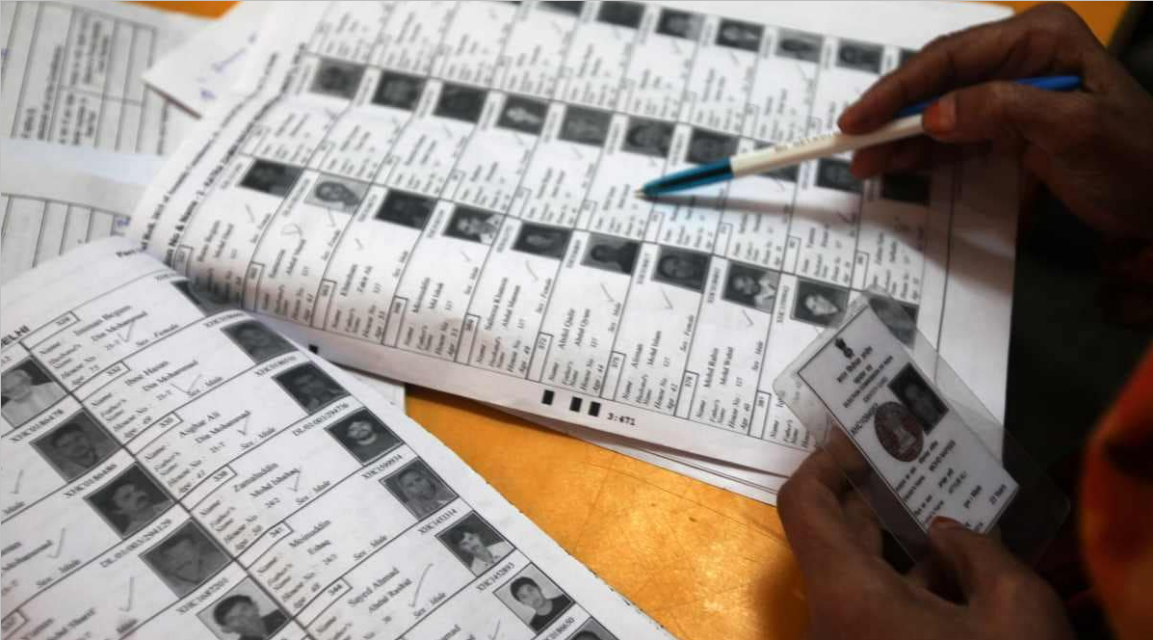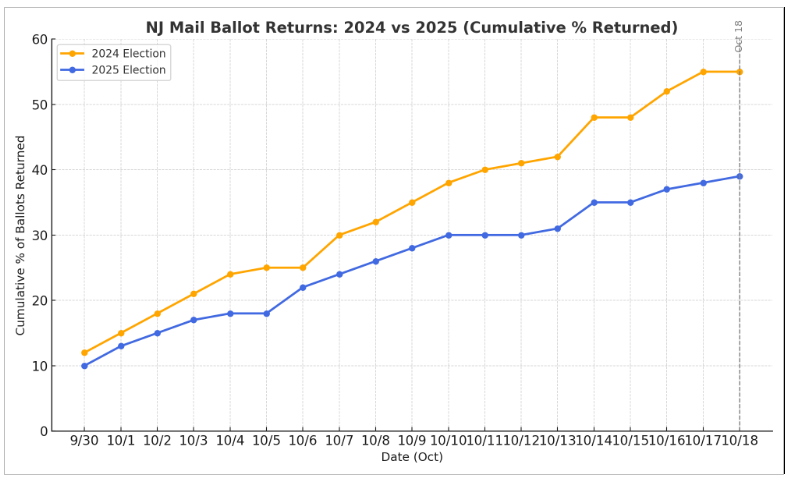The plaintiffs argue that defendants' discovery requests are excessive, repetitive, and intrusive. Specifically, the defendants issued over 500 document requests, many of which seek documents already available or generated by the defendants themselves, such as voter records, county correspondence, and official election materials. Plaintiffs emphasize that these demands extend to personal communications, raising significant privacy and First Amendment concerns, particularly targeting individuals who publicly criticized election procedures and outcomes. Plaintiffs claim these discovery requests seem intended more for harassment and intimidation rather than genuine fact-finding.
In their defense, the defendants argue that plaintiffs have inadequately responded to document requests, complicating deposition and trial preparation. They advocate for completing document discovery before proceeding to depositions, proposing a structured discovery phase managed by court-issued timelines to ensure orderly progress.
The plaintiffs reject the defendants' assertion that private voter communications are relevant to the claims, highlighting potential violations of voters' constitutional rights through the intrusive discovery requests. Plaintiffs consent to a case management conference to discuss unresolved discovery issues but oppose extending discovery deadlines without sufficient justification.
The court will evaluate the motions and responses, determining the next steps in managing this complex dispute, balancing efficient discovery with constitutional protections and ensuring a fair resolution.




